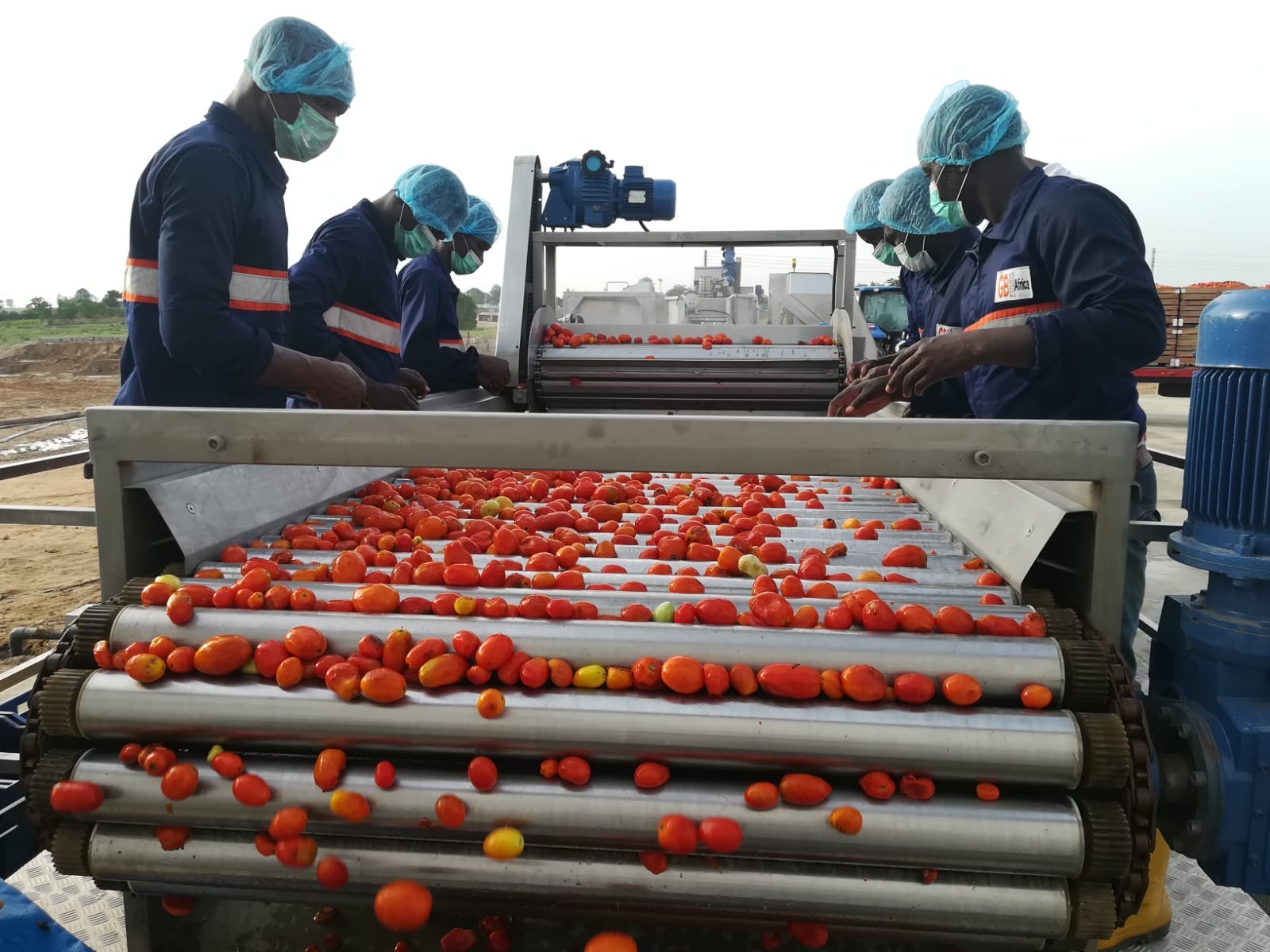Nigeria’s national import on food gulped N1.85 trillion during the period of border closure, the chairman of the Economic Advisory Council (EAC), Doyin Salami said.
Speaking during the National Economic Outlook for 2021 organised by the Chartered Institute of Bankers of Nigeria (CIBN), he said that between January and September 2020, Nigeria’s cumulative trade deficit amounts to N4.6 trillion ($12 billion).
According to Salami, who is ex member of the Central Bank of Nigeria (CBN) Monetary Policy Committee (MPC) member,, Nigeria’s external imbalances are increasingly precarious, with continuing concern over exchange rate differentials.
He said uncertainty around foreign exchange – convergence, market-reflective rates and transparent determination mechanism, Balance of Payment imbalances are large and would remain key questions in 2021.
Salami disclosed that by the measure that derives the fair value of the naira based on the naira/dollar inflation differential, the currency should be trading around N439/$ at the official market. The CBN’s data showed that the naira currently exchanges at N379 to dollar at the official market.
For Salami, the agricultural sector, ICT, real estate and oil and gas are vulnerable to a probable major adjustment to the foreign exchange rate.
“Despite border closure, our national import of food amounted to N1.85 trillion between January and Sept 2020 – a 62 per cent increase when compared to same period 2019. This suggests a weakness in our ability to feed ourselves and raises the need to consider review of intervention policies in agriculture,” he said.
He said agriculture continues to decelerate, worryingly, growing at 1.7 per cent year-to-date while consumer-sensitive sectors like manufacturing and distribution continue to contract, the latter in double digits.
Continuing, Salami said that official payments data showing that approximately US$30 billion (almost 10 per cent of our national economy) is obtained from sources outside the CBN, the gap between the official and other exchange rates is a source for concern.
He said the COVID-19 shock of 2020 represents the third major shock to the Nigerian economy in 12 years. Also, ahead of the crisis, the Nigerian economy was contending with a set of pre-existing conditions such as macro Instability, stagflation – slow growth and rising inflation, pressure on households – in the form of rising inflation, unemployment, and poverty and pressure on corporate(s) margins – weak consumer and cost pressures.
He said there were also growing fiscal and external imbalances, monetary Policy distortions – the bifurcation of sovereign instruments leading to a distortion of the interest rate term structure.
He said that with the impact of COVID, prices continuing to rise – at the end of November 2020, overall inflation was 14.8 per cent with food prices increasing at 18.3 per cent when compared with November, 2019.
On agriculture, Salami noted that serious climatic concerns are undermining agricultural output as 2.5 million farmers were impacted by flooding in 2019. Also, preliminary assessments suggest 2020 has been much worse with persistence into 2021 to adversely affect output and food prices.
On the upside, he said stay-at-home imposition implies greater use of telco/tech communication platforms.
Continuing, he said the spread of Coronavirus and its effect has been the key event of the year across the globe.
“A health crisis morphed into an economic crisis resulting in humanitarian and in some cases, security challenges, a global development visiting great disruption to established norms – largely negative short-term impact but some positives – especially with technology deployment, the full impact of which will manifest in the years ahead,” he stated.
For Salami, the international economic environment deteriorated very sharply this year but recovery expected in the new year, contingent on the capacity to suppress the virus through a new round of vaccinations.
He said the Transport and Hospitality were gravely affected by the lockdowns of April/May as well as by voluntary containment measures and/or imposed restrictions post-lockdown, despite recovery in mobility.



